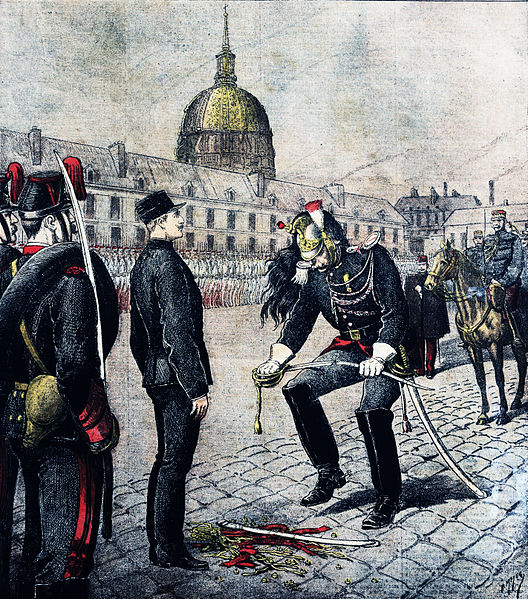Jean-Pierre Stirbois was a French far-right politician. Elected deputy mayor in 1983 of Dreux, a city of around 30,000 inhabitants at the time, he was one of the main architects, along with his wife Marie-France Stirbois, of the first electoral breakthrough of the National Front.
Jean-Pierre Stirbois in 1984
History of far-right movements in France
The far-right tradition in France finds its origins in the Third Republic with Boulangism and the Dreyfus affair. In the 1880s, General Georges Boulanger, called "General Revenge", championed demands for military revenge against Imperial Germany as retribution for the defeat and fall of the Second French Empire during the Franco-Prussian War (1870–71). This stance, known as revanchism, began to exert a strong influence on French nationalism. Soon thereafter, the Dreyfus affair provided one of the political division lines of France. French nationalism, which had been largely associated with left-wing and Republican ideologies before the Dreyfus affair, turned after that into a main trait of the right-wing and, moreover, of the far right. A new right emerged, and nationalism was reappropriated by the far-right who turned it into a form of ethnic nationalism, blended with anti-Semitism, xenophobia, anti-Protestantism and anti-Masonry. The Action française, first founded as a journal and later a political organization, was the matrix of a new type of counter-revolutionary right-wing, which continues to exist today. During the interwar period, the Action française (AF) and its youth militia, the Camelots du Roi, were very active. Far right leagues organized riots.

Georges Ernest Boulanger (1837–1891)
Degradation of Alfred Dreyfus, 1895
Jean-Marie Le Pen founded the Front National in 1972 and led it until 2011
Marine Le Pen succeeded her father as Front National leader in 2011





